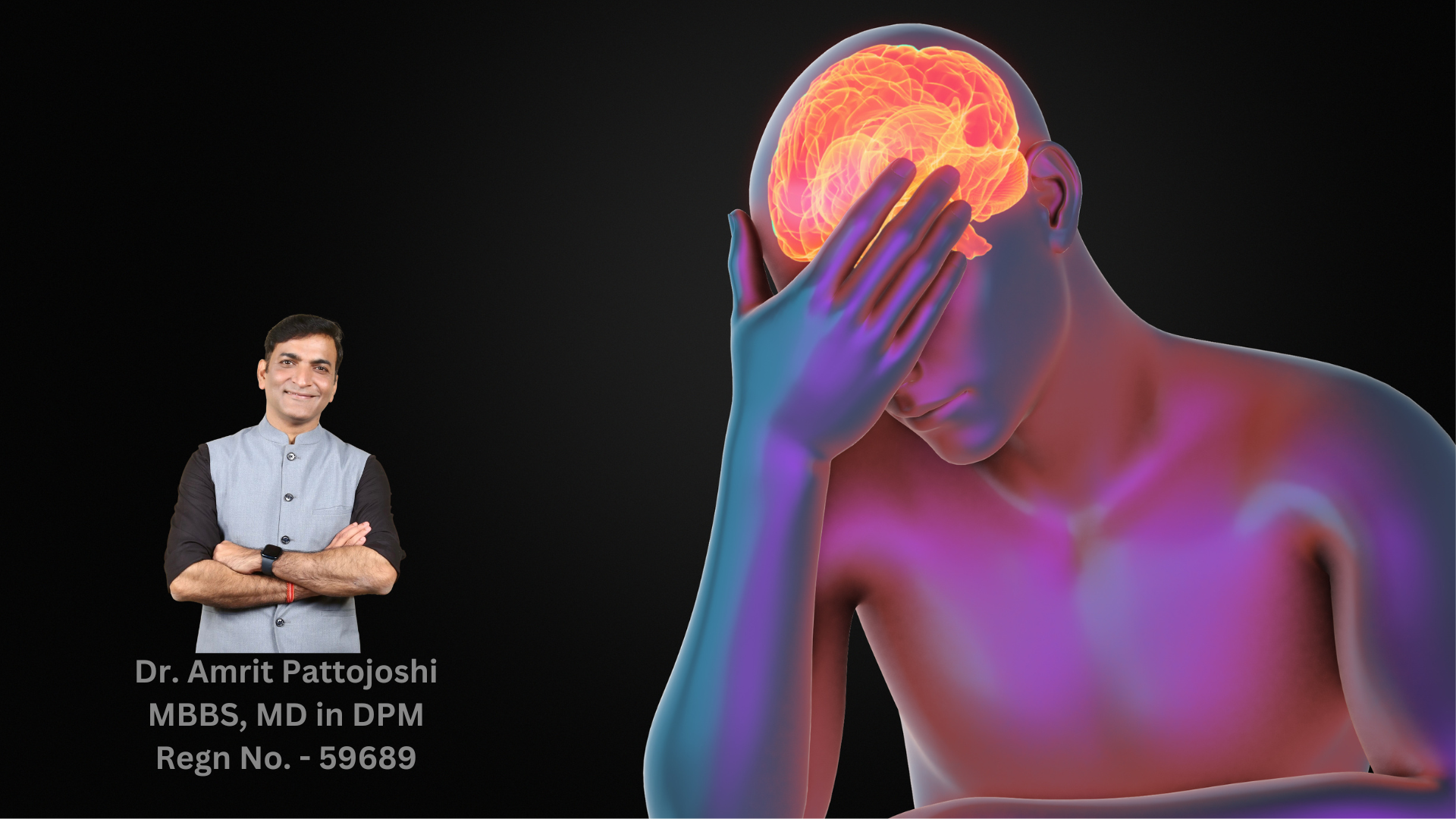In today's fast-paced world, the digital age has brought numerous conveniences and opportunities for connection. We can stay connected with loved ones, work from virtually anywhere, and access a world of information at our fingertips. However, alongside these advantages, the digital age has also introduced new challenges to our mental well-being. As we approach World Mental Health Day, let's delve into the impact of technology on mental health and explore some coping strategies to navigate this brave new digital world.
The Digital Dilemma:
The prevalence of digital devices and the constant stream of notifications can lead to a sense of overwhelm and information overload. The term "technostress" has emerged in medical circles to describe the stress caused by the constant demands of technology. From the pressure to stay constantly connected to the fear of missing out (FOMO) on social media, these factors can affect our mental health.
Strategies for Digital Balance:
Digital Detox: Consider scheduling regular digital detoxes. Set aside specific times when you disconnect from your devices and engage in offline activities. This break from screens can help reduce stress and improve your overall well-being.
Mindful Consumption: Practice conscious consumption of digital content. Pay attention to how certain online activities make you feel. If you notice that scrolling through social media makes you anxious or unhappy, limit your time on these platforms.
Tech Boundaries: Establish clear boundaries for technology use, especially before bedtime. The blue light emitted by screens can interfere with your sleep quality. Make your bedroom a screen-free zone to improve your sleep hygiene.
Digital Declutter: Regularly declutter your digital life. Delete unnecessary apps, unsubscribe from email newsletters, and organize your digital files. A clutter-free digital space can reduce mental clutter and make you feel more in control.
Stay Informed: While too much information can be overwhelming, staying informed about digital well-being is essential. Educate yourself about online security, privacy settings, and how to manage screen time effectively.
The Power of Connection:
While technology can sometimes contribute to feelings of isolation, it can also be a tool for connection and support. Online communities and resources can provide valuable assistance to those dealing with mental health challenges.
Online Support Groups: Many online platforms host support groups for various mental health issues. These groups offer a safe space to share experiences, seek advice, and provide emotional support.
Mental Health Apps: Numerous apps are designed to promote mental well-being. These resources can help you proactively manage your mental health, from meditation and relaxation apps to mood-tracking tools.
Teletherapy: Teletherapy services have gained popularity, providing access to mental health professionals through video calls. This convenient option ensures that help is just a click away when needed.
Positive Online Communities: Engage with positive online communities that share your interests and values. These communities can provide a sense of belonging and reduce feelings of loneliness.
As we celebrate World Mental Health Day, let's recognize the importance of balancing our digital lives and nurturing our mental well-being. By implementing these strategies and maintaining a mindful approach to technology, we can harness the benefits of the digital age while safeguarding our mental health. Remember, it's not about completely disconnecting from the digital world; it's about finding a healthy balance that works for you.
